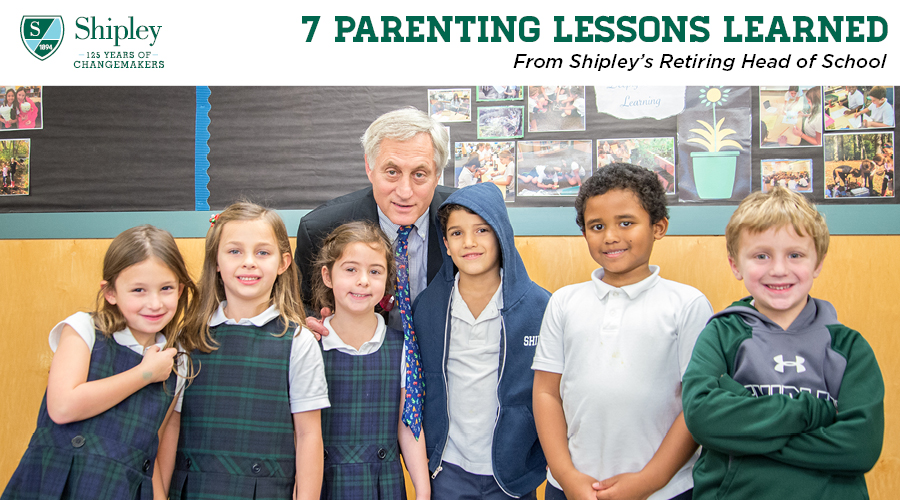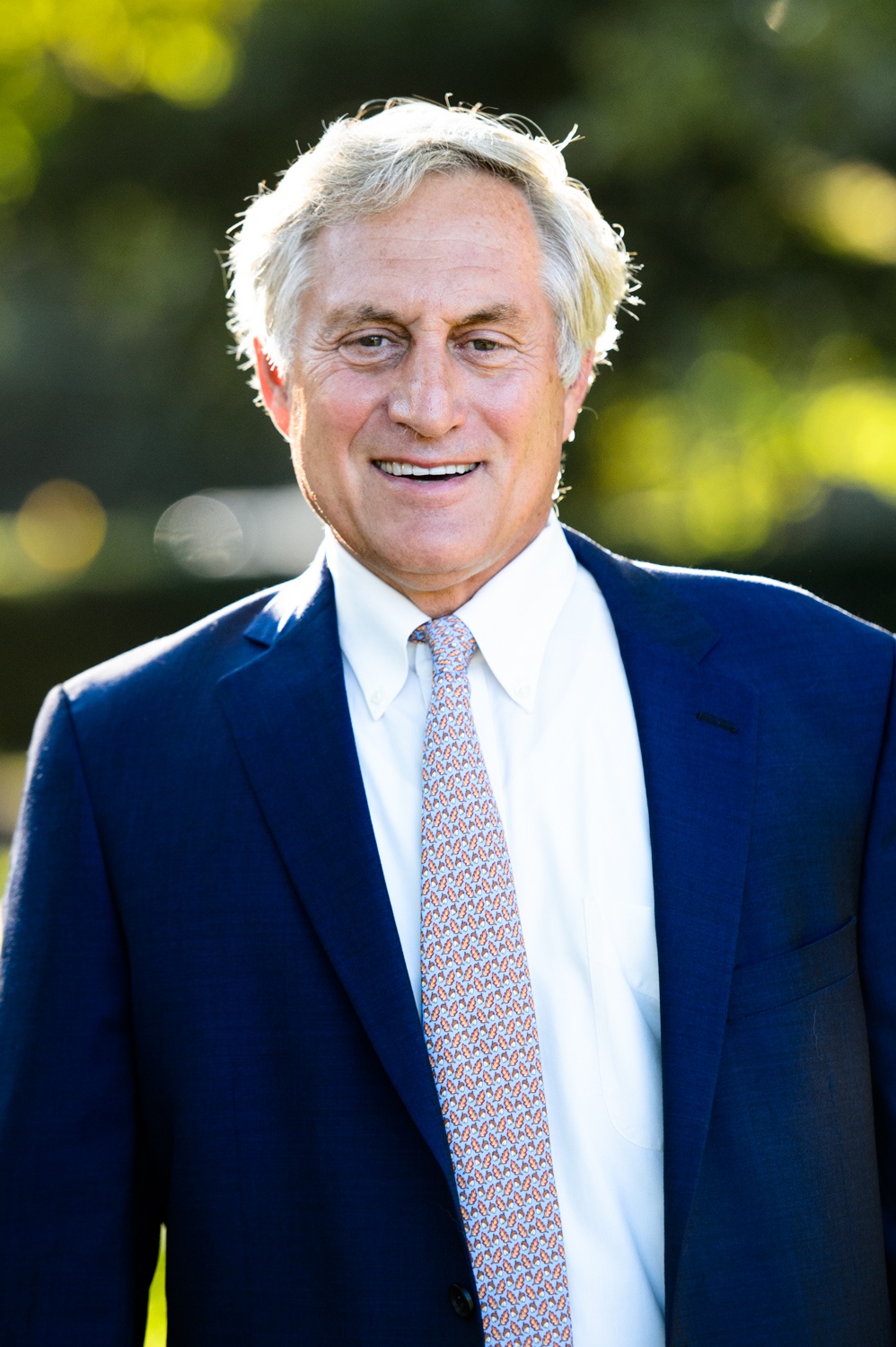For nearly 30 years, Dr. Steve Piltch has led Shipley with enthusiasm, dedication, and humility. During his time as Head of the School, Steve’s deep passion for learning and genuine love for teaching has inspired his commitment to the well-being of Shipley's students and the greater school community. Beyond his leadership role, Steve is a Shipley parent and he has experienced the journey with all three of his children attending and graduating from Shipley. In his last month as Head of School, Steve has had the privilege of reflecting on his past 27 years at Shipley both as a leader and as a parent. He has shared his reflections on parenting and education with the community below:
As you would expect, the ways we at Shipley deliver on our mission and educate our students have evolved in my time here to adapt to various changes in our world. While my own education over the past twenty-seven years has been different than that of our students, it has had an equally transformative impact. The following are the seven most important lessons I have learned here over my twenty-seven years as a parent and as Head of School. I hope they resonate with you…
- Love your kids unconditionally and celebrate them for the people they are. We need to make sure that they pursue their interests and develop their passions, which can be a challenge if we do not share the same interests or if they do not meet our expectations. Importantly, when we love them unconditionally, it helps them pursue areas/challenges that may not be naturally comfortable for them. Their doing so is an essential part of growing.
- Parenting is the only profession in the world for which all training is retrospective and the job has no clear retirement date; once you’re a parent, you are always a parent; and, you never stop worrying.
- No matter how well or poorly our child/children may be doing, we must remember not to overreact and to be circumspect about the situation, because it is all part of a longer process.
- When our children are little, the problems they (and we) face tend to be smaller in nature; when they are bigger, the problems are bigger.
- One of the greatest joys and challenges of being parents is that we tend to be the age of our oldest child and to be as happy as our least happy child. When our children go through things for the first time, so do we, all over again; when our children hurt, we hurt. For example, when our first child learns to read, write, or ride a bike, it brings a sense of relief and satisfaction. And, when a child is sick or has a disappointment, we feel terrible.
- Never say never or not my kid; although kids often exceed our expectations, there are times when they will not meet them. Importantly, there are times when kids also make bad decisions. When children do something they shouldn’t, it becomes important to hold them accountable and hold out hope that they can grow from the situation. To do so, it becomes essential to respond to the situation without letting emotions get in the way.
- No matter how good or bad things look in the moment, remember that our goal is to help our children become the best adults they can be. That is a long way off, with a lot of trips and falls along the way. While we might like to prevent them from falling, doing so would not help them in the long run (and might even hurt them). If we help them develop the resilience necessary to get back up and face the problem/disappointment, they will be better off in the long run.
Over the years, these lessons about parenting and others I have learned in education have helped me realize how important process is in everything I do. Regardless of the situation, I work hard to gather as much information as I can and to think through the implications of decisions I could make before making a decision. I have learned that taking my time and getting my decision right is usually more effective and time-saving than getting to an answer quickly and making a mistake. When I first began as a head of school, I had more of the answers and fewer of the questions. Today, with the help of others, I have more of the questions, and the results seem better.
To read more of Steve’s reflections from his time at Shipley, read his blog post on diversity and inclusion.










